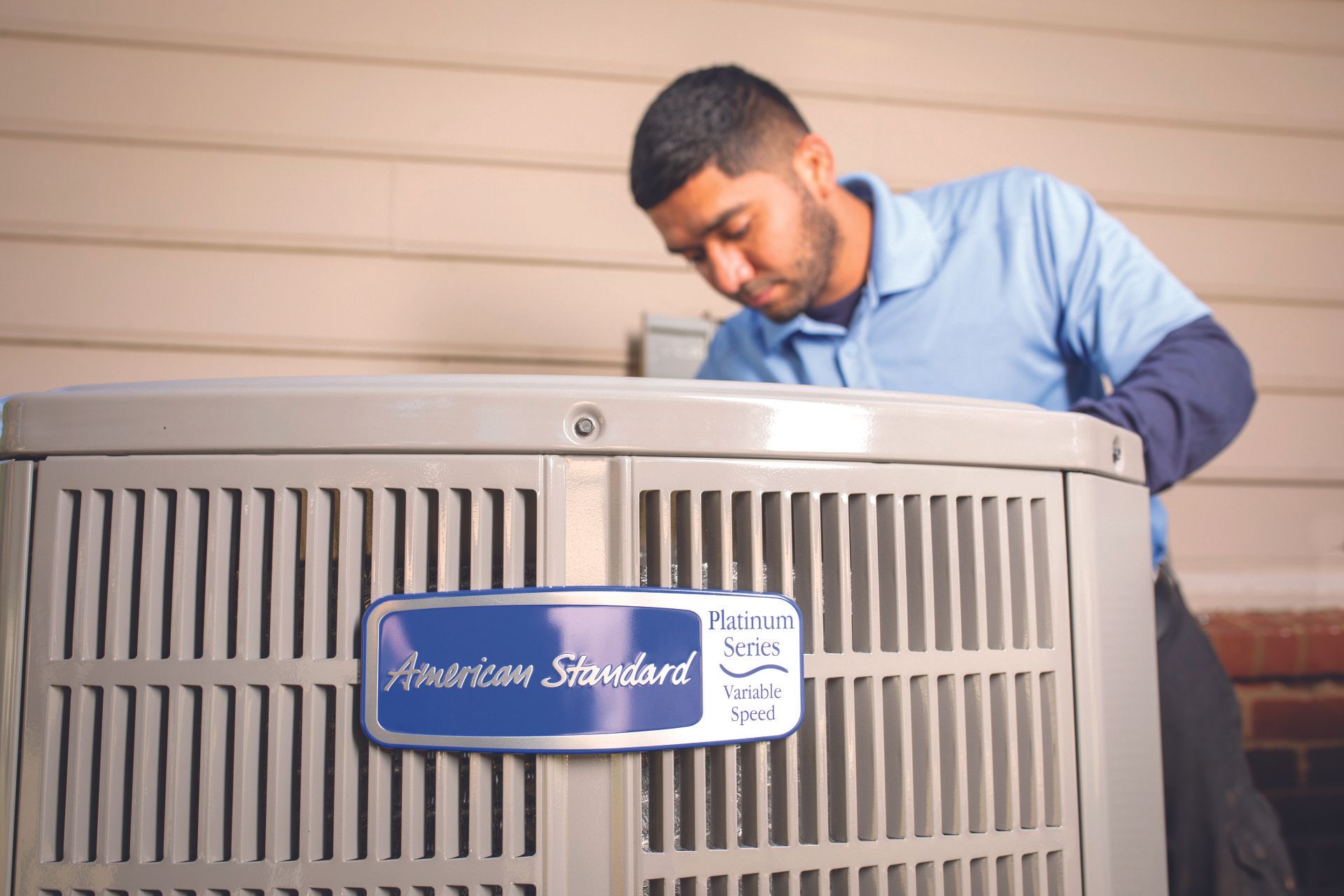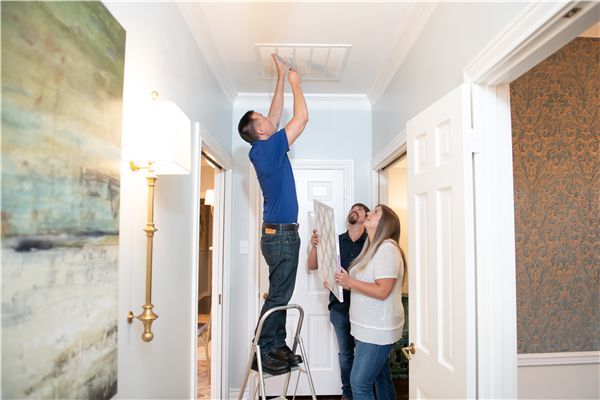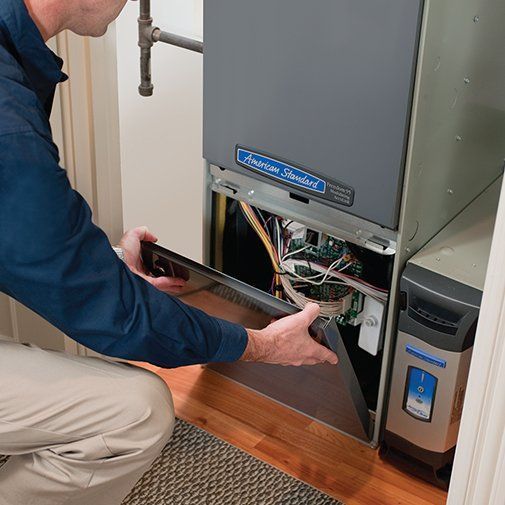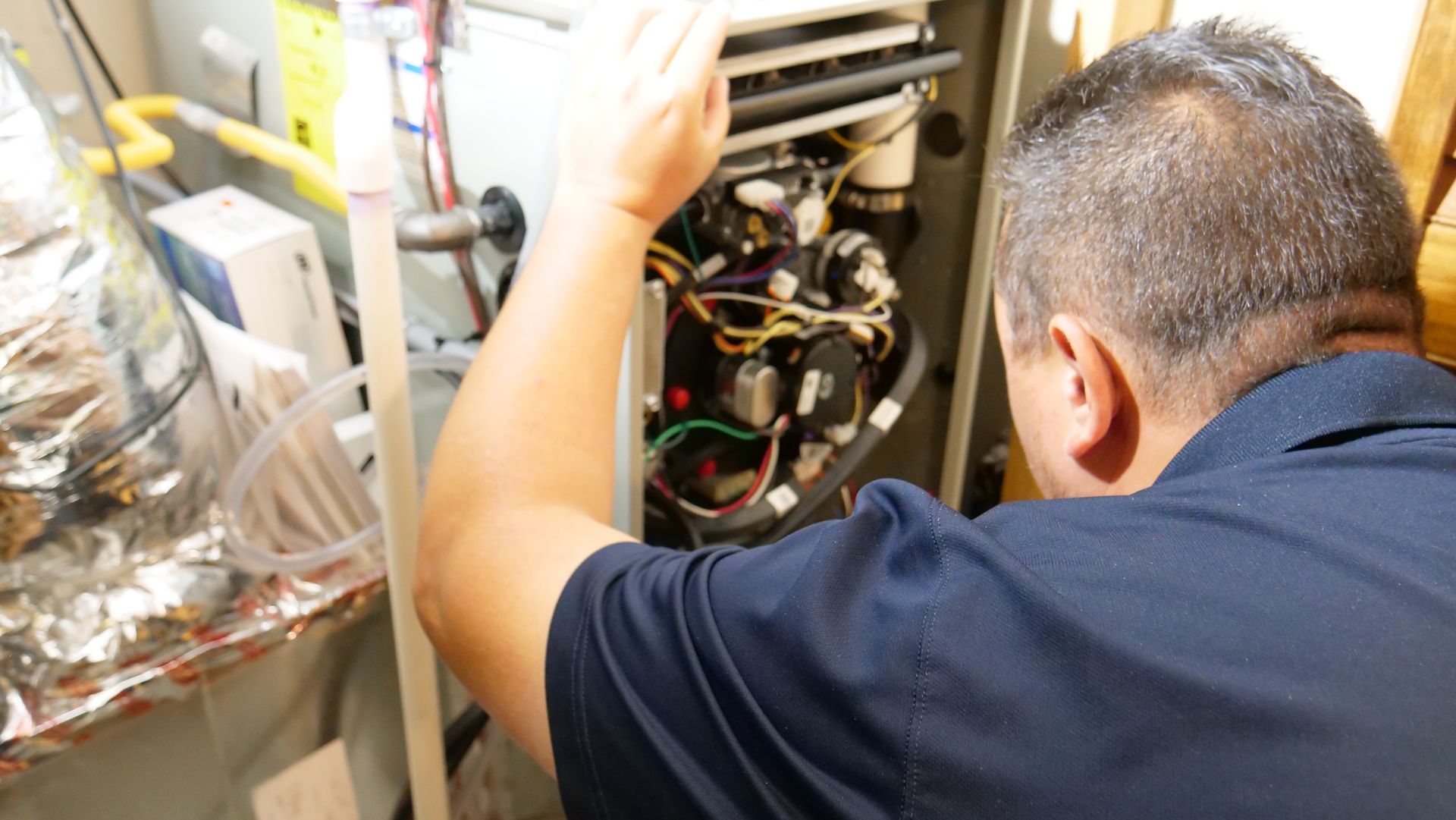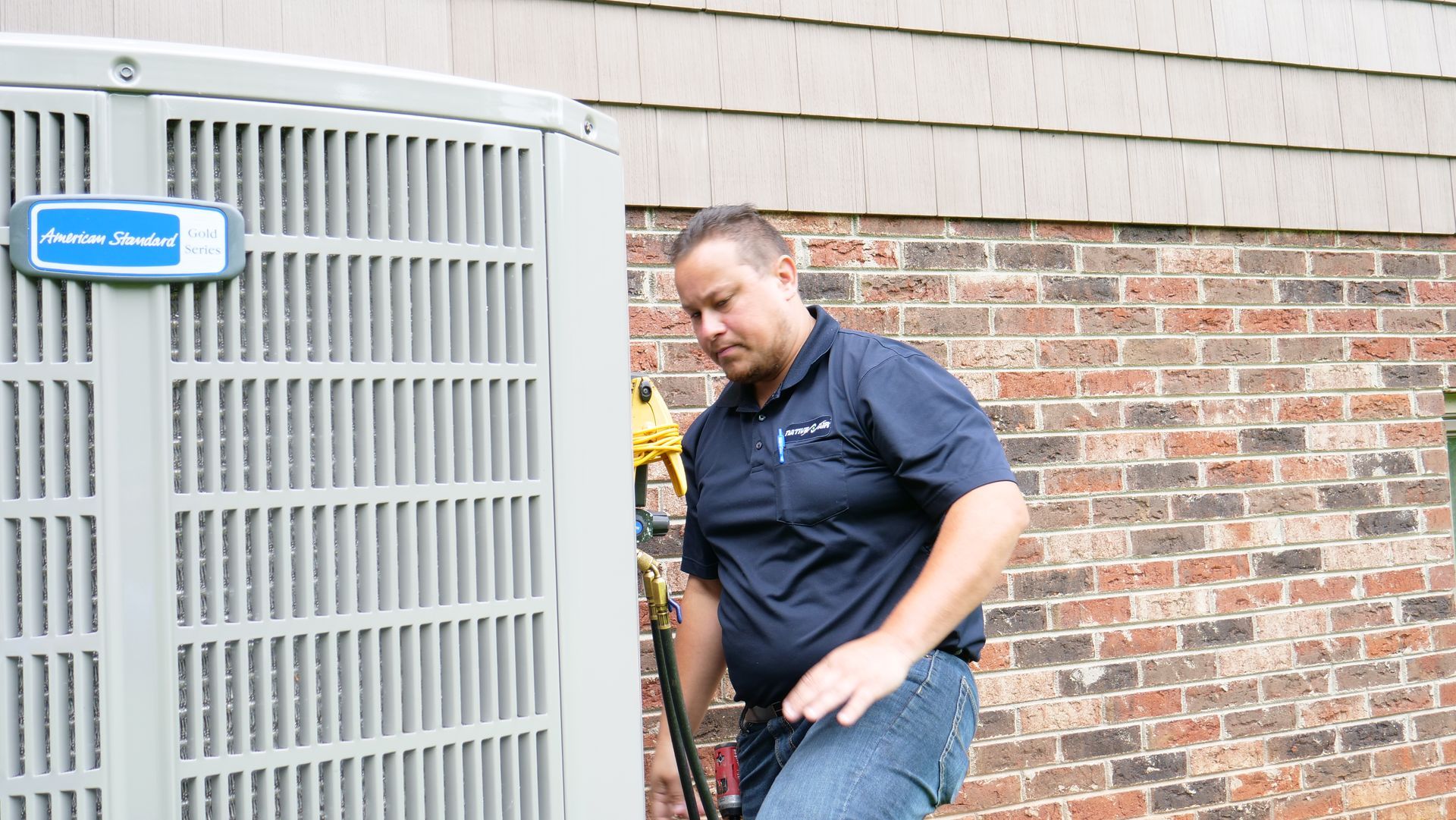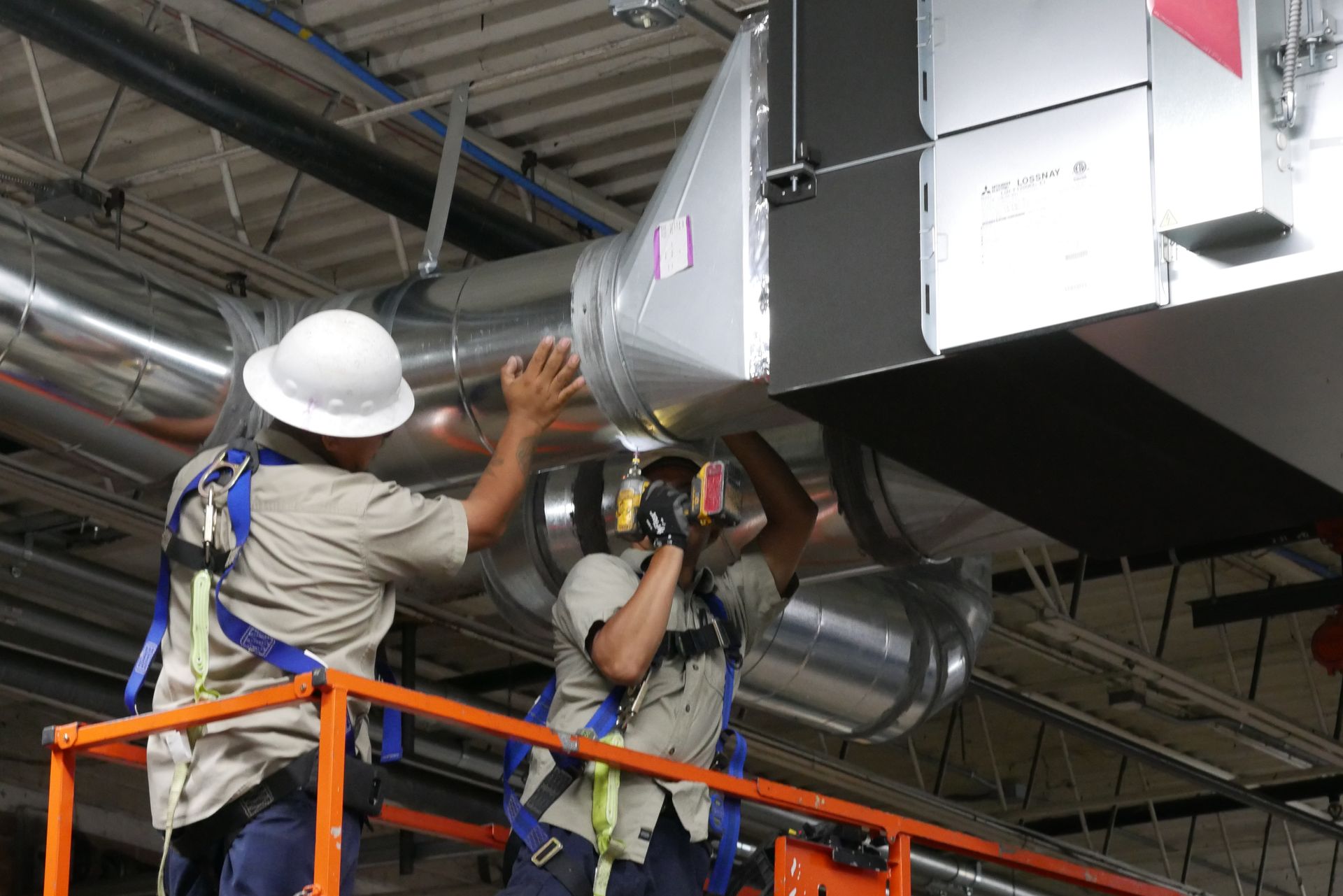Your Comfort Is Our Business.
When it comes to your HVAC system, trust the service experts at Native Air.
Native Air
Lowell, NC HVAC Services & Installation
When it comes to your heating and air conditioning service or installation, you can rely on the experts at Native Air. Call today at 704-312-8589 or click the button below for a free replacement estimate.
Our Recommended Summer Services
Air Conditioning Service
Whether you need routine maintenance, repairs, or a full AC replacement, our skilled technicians ensure reliable and efficient cooling solutions. Trust us to keep your AC running at peak performance—contact us today for professional service you can count on!
Air Conditioning Repair
Whether your air conditioner is making strange noises, not cooling efficiently, or has stopped working altogether, our skilled technicians are ready to diagnose and fix the problem quickly. Contact us today for fast and professional air conditioner repair!
Air Conditioning Replacement
Whether you need routine maintenance, repairs, Native Air offers professional air conditioner replacement in Lowell, NC, helping homeowners upgrade to energy-efficient cooling systems for reliable comfort and lower energy costs.
Air Conditioning Maintenance
When it comes to keeping your air conditioner running efficiently and effectively all summer long, AC maintenance is crucial. Trust our experts to keep your cooling system healthy all season long.
Delivering Comfort To Your Home When It Matters Most.
How Can We Improve Your Comfort Today?
AC / Heating Maintenance
For your HVAC maintenance needs, count on our team to uphold factory standards, preserving the longevity of your air conditioning and heating equipment.
AC / Heating Repair
Allow us to swiftly repair your faulty HVAC system using readily available parts to ensure your comfort is restored promptly. Click on the button below to learn more.
Indoor Air Quality
When it comes to your indoor air quality, we ensure that your home or workspace is free from pollutants and allergens increasing the health of your indoor conditioned air. Learn more below.
AC / Heating Replacement
Replacing your HVAC is never enjoyable. Trust our heating and air conditioning experts to recommend a new HVAC system that fits your budget and comfort needs.
Keeping You Comfortable Year-Round
HVAC Services - Heating & Cooling
Serving Lowell, Belmont, Gastonia, Stanley NC & Surrounding Charlotte Metro Areas
Your all in one contractor dedicated to delivering comfort to your home or office.
Energy Efficient Equipment Designed To Improve Your Comfort
Reliable HVAC Equipment

American Standard Heating & Air Conditioning equipment provides energy efficient and reliable comfort. Learn more about our HVAC equipment and how it can benefit your home and your energy bill.
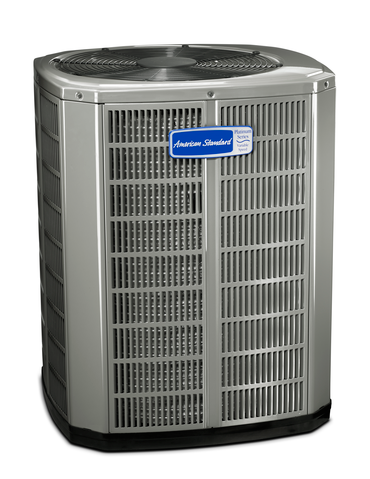

Mitsubishi ductless mini-splits are great energy efficient solutions that allow you to add on more conditioned air for your sun room, garage or your entire home. Learn more about the benefits of ductless HVAC equipment.
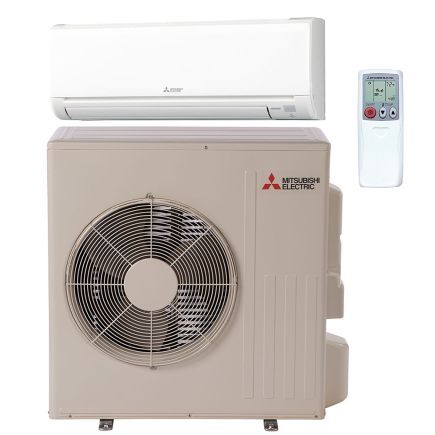
Check Out More Learning Resources With Our Blog
HVAC Tips & Blog
